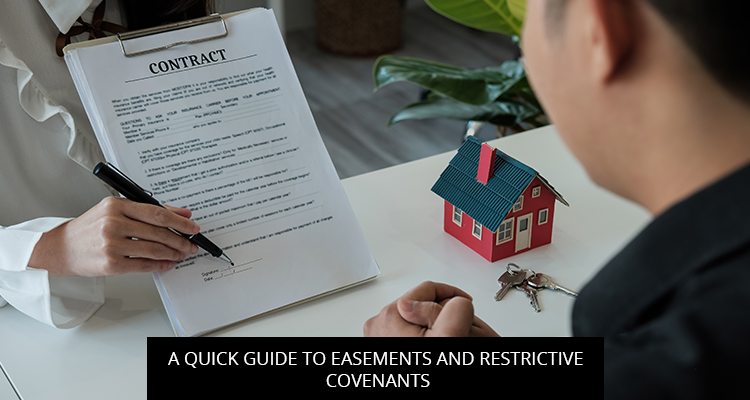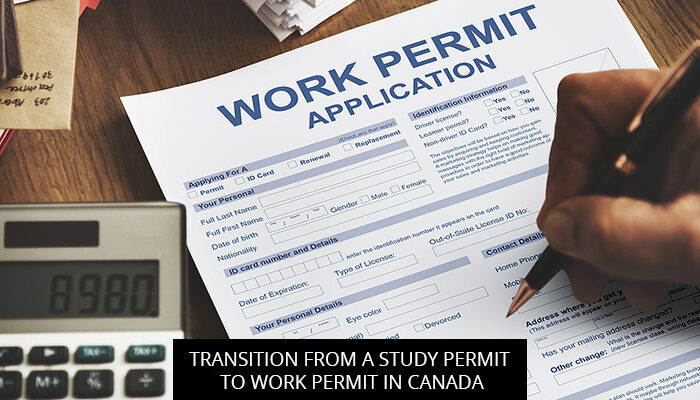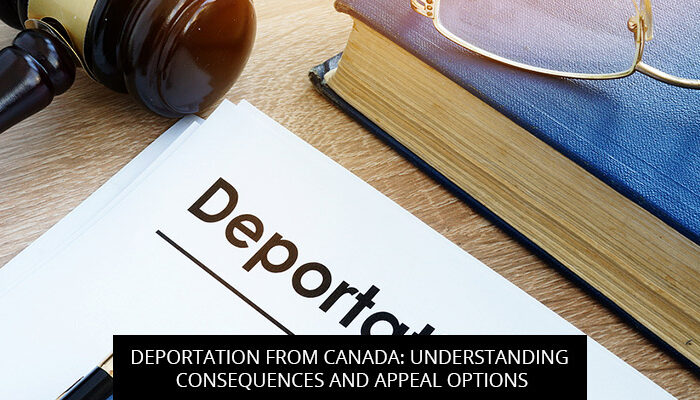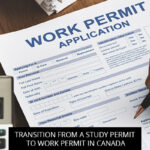
Real estate transactions have become incredibly complex with the evolution of our living lifestyles. In Property or Real Estate law, it is a well-established principle that certain rights in, or restrictions on, land ‘attach’ themselves to the real property. In other words, these rights or restrictions may carry over from owner to owner and exist in relation to the land rather than who owns it. In practice this has implications such as the realization that despite being the owner of the property other people may have proprietary rights to access or restrict the use of your property.
Easements Or Rights-Of-Way
Easement or a right-of-way is the legal right and privilege that one person may exercise over a real property owned by another person. In simpler terms, an easement over land refers to the use of someone else’s property without owning it. Such rights, which at times are referred to as rights-of-way might emerge both by express consent or informally.
Easements or rights-of-way can likewise take different forms, however most commonly are possessed and exercised by utilities for maintenance of services, for example, water, disinfection, sewage lines etc. Telephone lines also commonly possess and exercise such a right in order to maintain telephone lines.
In newly built subdivisions, it is often viewed that developers typically possess a right to ‘re-enter’ into the property which is also an easement. The developers may possess or exercise this nature of easements if they need to re-enter into the property to finish any incomplete work inside the new development.
Maintenance Easements
Maintenance easement is one of the common forms of easements that are possessed. This easement gives another party a right to use some section of your property. Typically, this type of easement exists in closely built property where the owner of one property may need to access the adjoining property for the purpose of maintaining his or her own property.
For example, there is an adjoining piece of land and the property owner binds himself to maintain stormwater (water coming from precipitation, including rain and snow) facilities in an agreement, then it gives the other person on the property the right to enter the subject property for the purpose of inspecting, making repairs, or performing some maintenance on the stormwater facilities in case the property owner fails to meet the maintenance procedures.
Any formal or express easement is typically entered into the registry at the Land Registry Office.
At times an easement can emerge from what is called as permitted use. In such an event, it might be the case that an easement is required in order to access a land-locked property.
Restrictive Covenants
A condition on the land in a real party conveyance that prevents the owner from using it in a certain way or for a certain thing is called Restrictive Covenants. This negative covenant is a legal restriction placed on a property whereby the owner’s use of the property may be limited in certain circumstances.
This is commonly viewed in the development of new subdivisions where the property developer in order to maintain uniformity may impose certain restrictive covenants on the land where by owners may be prohibited from parking trucks on their driveways for instance or storing boats, building sheds bigger than a certain size, prohibiting the installment of satellite antennas etc.
It is important to note however that restrictive covenants can be challenged. They are not considered binding if they are found to be arbitrary or against the public interest. Furthermore, restrictive covenants generally expire after a period of ten years.
It is incredibly difficult and inconvenient for a lay person to evaluate a property and the rights and restrictions that are attached to it; for this reason, when buying a property, the services of an experienced and reputable real-estate lawyer are highly recommended.
If you are facing any adversities in navigating Easement or Restrictive Covenants investigation, please contact our experienced Lawyers at Ayaz Mehdi Professional Corporation.
Disclaimer: Kindly note that sending or receiving information through this site does not establish a solicitor-client relationship. Legal matters are fact-specific, and the law is variably changing. The views expressed and the content provided on this blog are general guidelines and cannot substitute for proper legal advice. Schedule your legal consultation by clicking here: Let’s meet!






